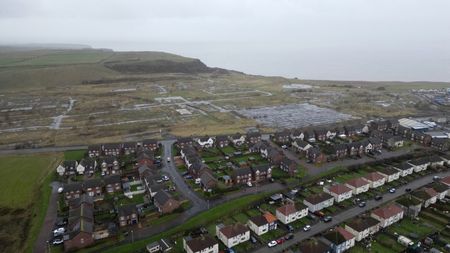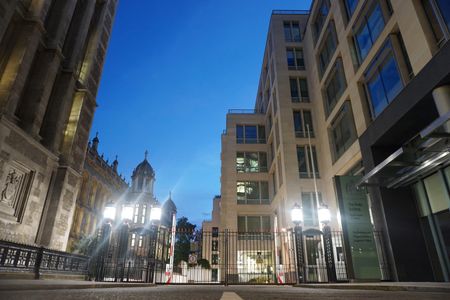LONDON (Reuters) -Britain’s approval of its first new deep coal mine in decades was unlawful, London’s High Court ruled on Friday following a legal challenge brought by environmental campaigners.
Friends of the Earth and South Lakeland Action on Climate Change challenged the previous Conservative government’s 2022 approval of a coking coal mine in northwest England.
Britain dropped its defence of the legal challenges after a Supreme Court ruling earlier this year said planning authorities must consider the impact of burning, not just extracting, fossil fuels when deciding whether to approve projects.
Friday’s ruling is the first case to be decided since the Supreme Court decision, Friends of the Earth senior lawyer Niall Toru said.
“That the ruling today has gone against the mining company could have ramifications internationally, as there are cases abroad where challenges are being made against fossil fuel projects on a very similar basis,” Toru added.
Developer West Cumbria Mining fought the case and said the project – which planned to extract coking coal for manufacturing steel, rather than to generate electricity – would be “a unique ‘net zero’ mine”.
West Cumbria Mining’s lawyer James Strachan said in court filings that the development would not cause a net increase in greenhouse gas emissions, as the use of coking coal extracted from the mine is driven by demand for steel.
Judge David Holgate, however, said in a written ruling on Friday that “the assumption that the proposed mine would not produce a net increase in greenhouse gas emissions, or would be a net zero mine, is legally flawed”.
A spokesperson for West Cumbria Mining said the company “will consider the implications of the High Court judgment and has no comment to make at this time”.
(Reporting by Sam Tobin, Editing by Kylie MacLellan, William Maclean)










